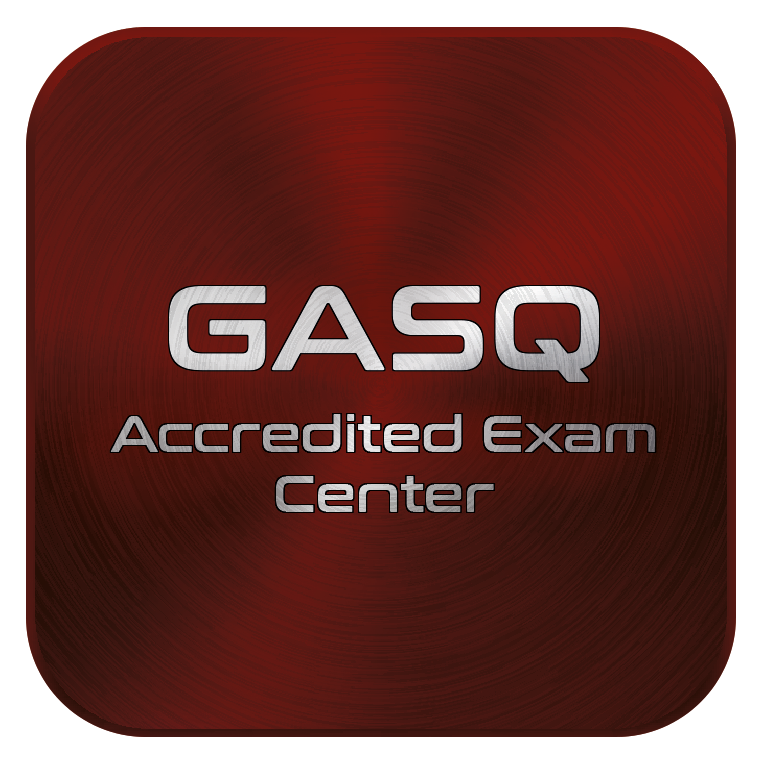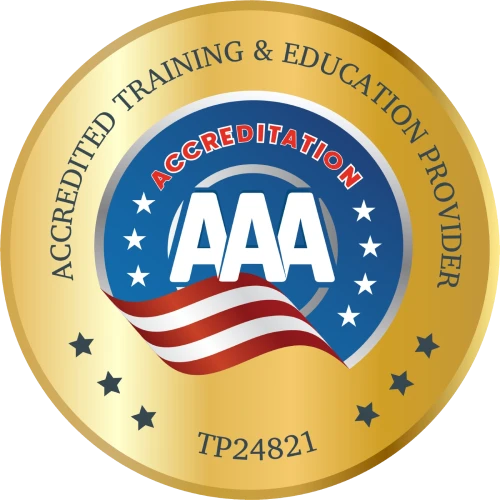Advanced Manual and Automation Testing - Master Program
- CDPL Certificates
- AAA Certificates
- Comprehensive Skill Development
- Industry-Relevant Curriculum
- Hands-On Experience with Guaranteed 3 Months Paid Internship
- Professional Development
- Get Mentorship from experienced working professionals
- Exposure to variety of projects and industries
- Job Placement Assistance
- Continuous Support
Welcome to our Advanced Software and Automation Testing course, a comprehensive program designed to equip you with advanced skills and techniques in both manual and automated testing. In today’s fast-paced software development landscape, ensuring the quality, reliability, and security of software applications is essential. This course offers an in-depth exploration of manual testing, API testing, database management systems (DBMS), security testing, performance testing, and automation testing using Selenium WebDriver with Java or Python. Whether you’re an experienced tester or looking to expand your testing expertise, this course will provide you with the knowledge and skills needed to excel in the dynamic field of software testing.
This course is tailored to make you a highly skilled Software Test Engineer with extensive knowledge of testing methodologies, tools, and techniques.
Our Placements
Our Students Who Have landed Their Dream job In














Sessions
80 Lectures
Duration
150 Hrs
Placement
100% Assurance*
Job CTC
Upto 8 LPA*
Sessions
80 Lectures
Duration
145 Hrs
Placement
100% Assurance*
Job CTC
Upto 8 LPA*
LAND YOUR DREAM JOB
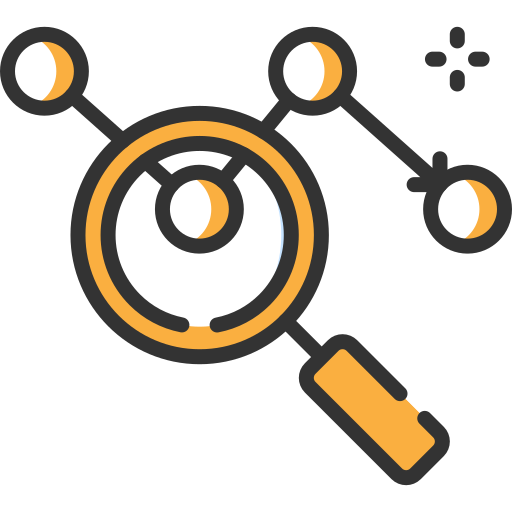
Specialize as a Senior QA Analyst at software development innovators like Adobe
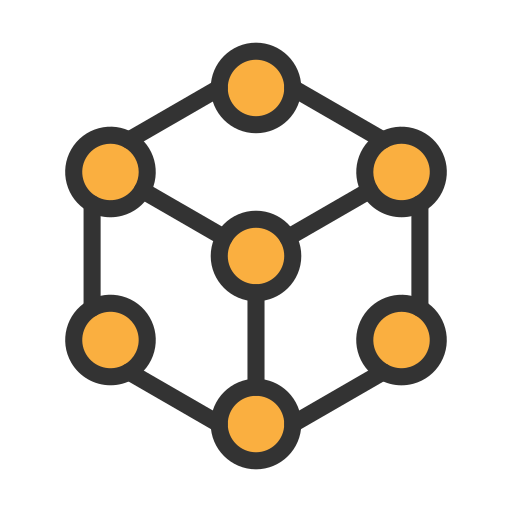
Emerge as an Automation Solutions Architect at enterprise solution providers like SAP
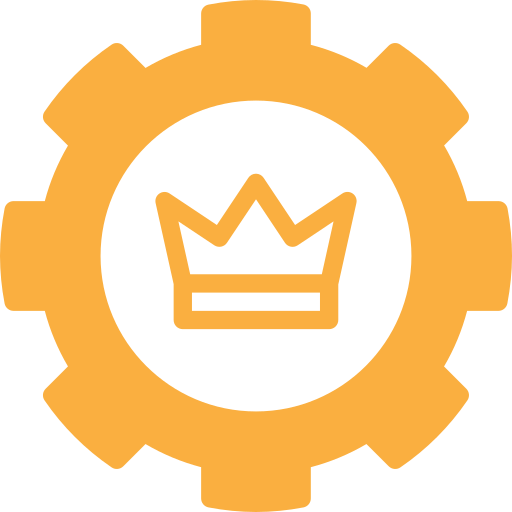
Lead as a Test Engineer at next-gen tech firms like Tesla
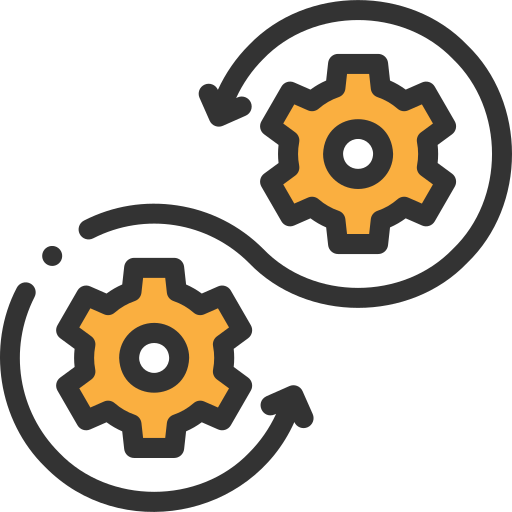
Innovate as a DevTestOps Specialist at cloud computing giants like Google Cloud
Make You Industry-Ready
EXCLUSIVE CAREER
Who Should Enroll?
Software Test Engineers
Graduates, Undergraduates and Professionals seeking to advance their testing skills and stay updated with the latest trends and techniques in software testing.
Quality Assurance Specialists
QA engineers looking to specialise in advanced testing domains and contribute to improving software quality.
Software Developers
Developers interested in understanding advanced testing concepts to write better testable code and improve overall software quality.
IT Professionals
Individuals working in IT roles who want to broaden their understanding of software testing practices and methodologies.
Tools and technologies
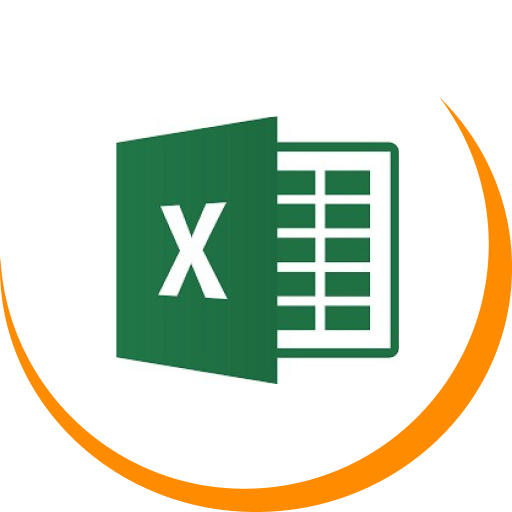
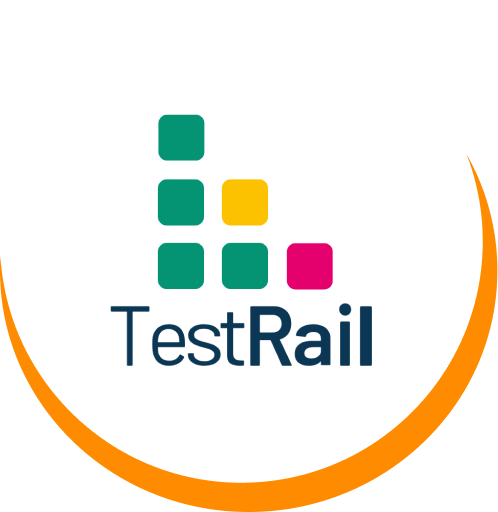
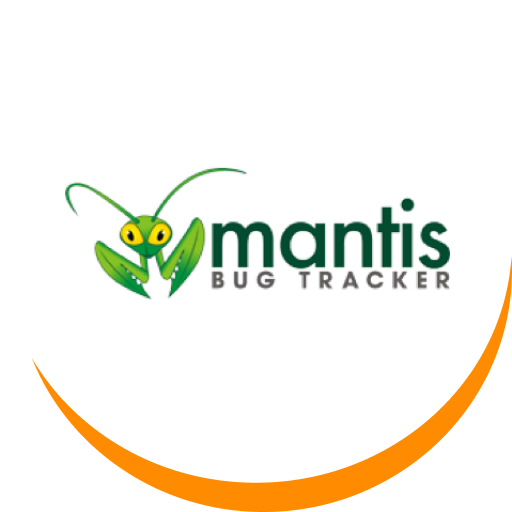
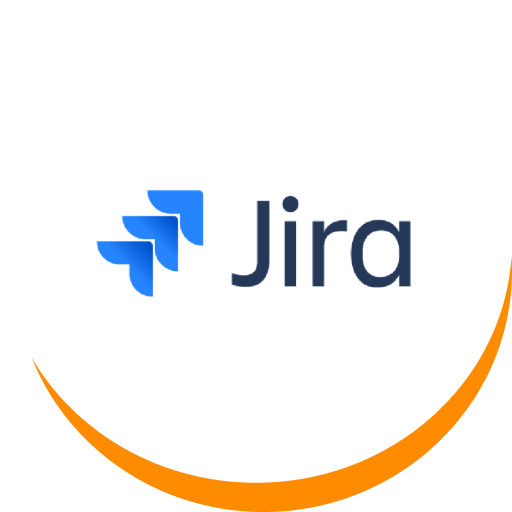


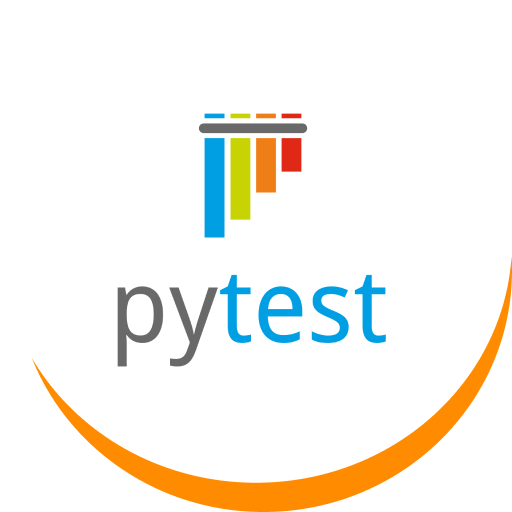

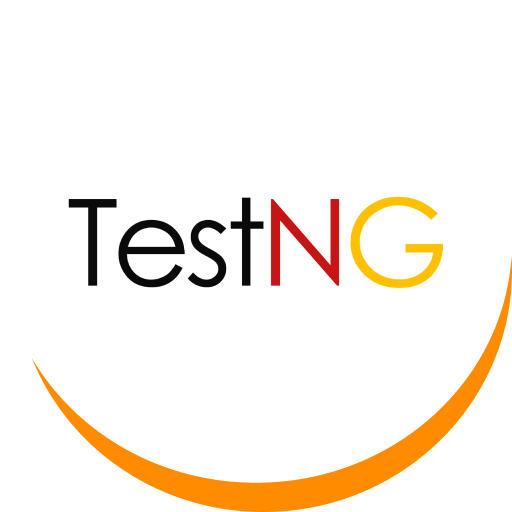


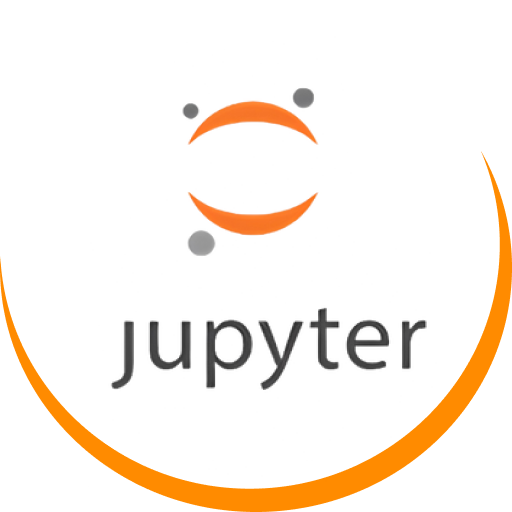
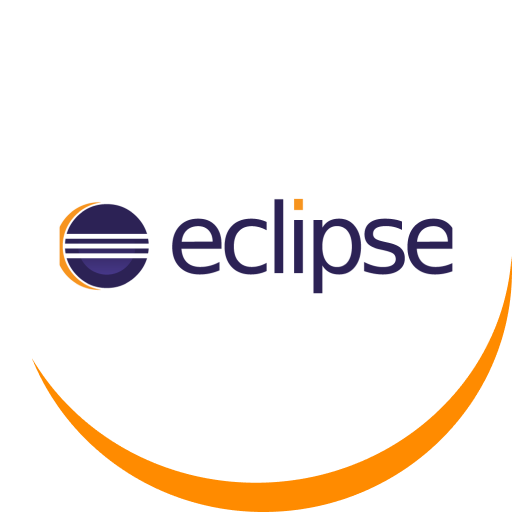
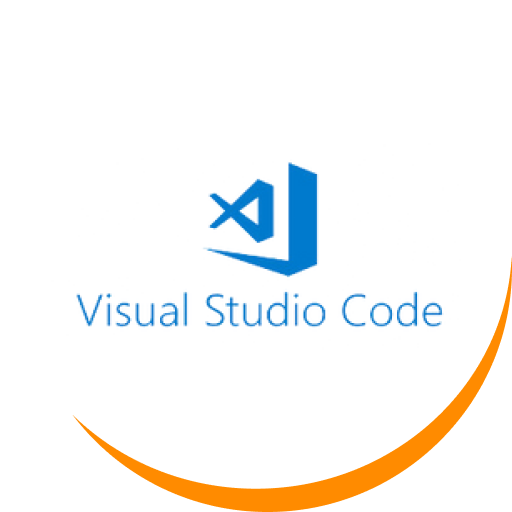
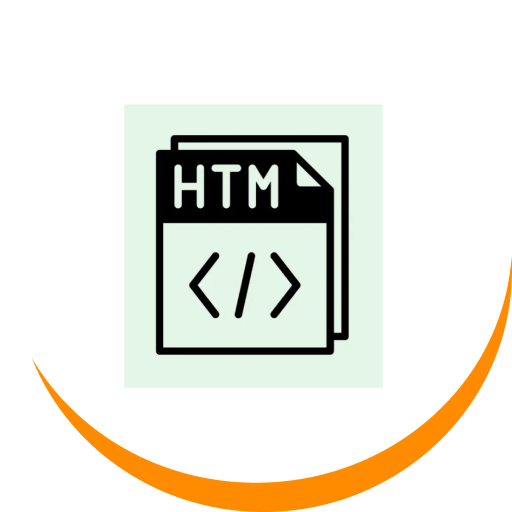

Course Features
Comprehensive Coverage
Gain comprehensive knowledge and practical skills in manual testing, API testing, DBMS, security testing, performance testing, and automation testing with Selenium WebDriver.
Expert Instruction
Learn from experienced industry professionals with expertise in software testing and test automation.
Hands-on Experience
Engage in hands-on exercises, real-world projects, and case studies to apply theoretical concepts to practical scenarios.
Flexibility
Access course materials online at your convenience, allowing you to learn at your own pace and schedule.
Advanced Techniques
Explore advanced testing techniques, best practices, and methodologies to enhance your testing capabilities.
Selenium Automation
Master Selenium WebDriver with Java or Python, learning to automate web application testing effectively.
Career Development
Receive insights into career pathways, certifications, and job opportunities in advanced software testing and automation roles.
OUR CURRICULUM
Our Interactive Course Content
Topics covered
Manual Software Testing
1. Software Development Life Cycle. (SDLC)
2. Types of SDLC.
- Waterfall Model.
- Spiral Model.
- V-Model. (V & V Model)
- Prototype Model. (Dynamic Model)
- Hybrid Model.
3. What Is Software Testing?
4. Software Testing Life Cycle. (STLC)
5. Types of Software Testing & Usage in Corporate.
- White Box Testing.
- Black Box Testing.
- General Difference between WBT & BBT.
6. Introduction to Black Box Testing.
7. Types of Black Box Testing.
- Functionality Testing
- Integration Testing
- System Testing
- Acceptance Testing
- Usability / GUI Testing
- Performance Testing
- Security Testing
- Compatibility Testing
- Responsive Testing
- Configuration Testing
- Reliability Testing
- Accessibility Testing
- Globalization / Localization Testing
- Recovery Testing
- Adhoc Testing
- Requirement Testing
- Documentation Testing
- Exploratory Testing
- Smoke Testing
- Regression Testing
- Sanity Testing
- Re-Testing
8. Defect Tracking Process
9. Different Severity & Priority levels for defects.
10. Defect Tracking Life Cycle(DTLC) (Total 14 Different statuses)
11. Agile Methodology. (Agile Model)
- Members Involved in Agile Model.
- What is Product Backlog?
- Entire Agile Process.
12. Software Test Life Cycle (STLC) in detail.
- System Study.
- Preparation of Test Plan.
- Test Cases Writing.
- Preparation of Traceability Matrix.
- Test Execution.
- Defect Tracking Life Cycle. (DTLC)
- Preparation of Test Execution Report.
- Retrospect Meeting.
13. Test Management Tools
- Excel
- TestRail
- Jira
- Mantis BT
API Testing
1. Basics of API Testing
- What is API Testing
- POSTMAN Introduction
- POSTMAN installation
- Creating Workspace
- Creating a Collection
- Creating Requests - Get, Post, Put & Delete
- Saving & Editing Requests
- Operations on Collections
2. Creating Dummy API’s For API Testing
- How to Create Own APIs
- JavaScript Object Notation (JSON)
3. Validating Response by adding Test Scripts in POSTMAN
- Testing status codes
- Testing headers
- Testing cookies
- Testing response time
- Testing response body
- Testing JSON Schema
MySQL
1. Introduction to DBMS
2. What is MySQL?
3. Installation of MySQL
4. Overview of MySQL Workbench
5. TYPES OF JOINS
- INNER JOINS
- JOINING ACROSS DATABASES
- SELF JOINS
- JOINING MULTIPLE TABLES
- COMPOUND JOIN CONDITIONS
- IMPLICIT JOIN SYNTAX
- OUTER JOINS
- OUTER JOIN BETWEEN MULTIPLE TABLES
- SELF-OUTER JOINS
- THE USING CLAUSE IN JOINS
- NATURAL JOINS
- CROSS JOINS
- UNIONS
6. Data Definition Language (DDL)
- CREATE
- RENAME
- ALTER
- TRUNCATE
- DROP
7. Data Manipulation Language (DML)
- INSERT
- UPDATE
- DELETE
8. Transaction Control Language (TCL)
- COMMIT
- ROLLBACK
- SAVEPOINT
9. Data Control Language (DCL)
- GRANT
- REVOKE
1. Programming Language (Python or Java)
- Installation & Environment Settings
- Python / Java Basics
- Range / Arrays Arrays List
- Programming Language (Python or Java)
- Condition Looping
- Container Objects Unpacking
- Comprehensions / Data Conversion Function
- Functions
- Sorting
- Object Oriented Programming (Classes objects)
- Decorators / Access Modifiers
- Regular Expression / Java Collection
- Expectation Handling
2. Selenium WebDriver (Python & Java)
- Introduction To Automation
- Introduction To Selenium
- Installation of Selenium & setting up the Environment
- Browser Related Operations
- HTML Basics
- Identification of Elements
- Browser Navigation
- Locators
- Finding Elements
- Finding Multiple Elements
- Select Class
- Selenium Synchronization
- Handling Windows / Selenium Action Class (Mouse actions)
- Selenium Common Exception
3. Hybrid Framework Design Using Python / Java Selenium
- What is Pytest Framework / Test NG
- Framework Structure
- Page object model (POM)
- Folder Structure for Hybrid Framework Design
- Automation Test Cases
- Automation Data Driven Test Cases form Excel
- Generating HTML Reports &Test Logs
- Generating Reports and keeping record of Failed Tasks
- Usage of GitHub and Jenkins
- Hybrid Framework Design (End To End Project)
Land your Dream Jobs
In Companies Like

Experience the CDPL
Training Approach
| Video Courses | Bootcamps | CDPL | |
|---|---|---|---|
| Real work experience | ✖ | ✖ | ✔ |
| True, project-based learning | ✖ | ✖ | ✔ |
| Live sessions & mentorship | ✖ | ✔ | ✔ |
| Job-ready portfolio | ✖ | ✖ | ✔ |
| Externship with top companies | ✖ | ✖ | ✔ |
| Career guidance | ✖ | ✔ | ✔ |
| Placement Assurance | ✖ | ✖ | ✔ |
Eligibility
This course is crafted for working professionals, graduates, and undergraduates who desire to acquire knowledge in both manual Testing and Automation Testing.
Undergraduates
Undergraduates or job seekers seeking to launch their careers in the IT domain.
Graduates
Fresh graduates or postgraduates aiming to establish their careers in the IT domain.
Professionals
Working professionals with non-IT experience who want to transition to the IT field.
Our Process
LIVE Learning
Experience Immersive Learning Through Our Live Classrooms

Onboarding Session
Kick-start Your Learning Journey with Our On-boarding Session
Certification & Placement Support
Certification to Career: Let Us Guide Your Path to Success
LIVE Learning
Experience Immersive Learning Through Our Live Classrooms
Onboarding Session
Kick-start Your Learning Journey with Our On-boarding Session
Certification & Placement Support
Certification to Career: Let Us Guide Your Path to Success
Take your software testing expertise to the next level with our Advanced Software and Automation Testing course.
Whether you’re focusing on manual testing, API testing, DBMS, security testing, performance testing, or automation testing with Selenium, this course will provide you with the advanced skills and knowledge needed to succeed in today’s competitive software testing industry.
Enroll now and embark on a journey towards becoming an advanced software testing and automation professional!

₹ 1,20,000
- Get free demo session
- Online Sessions
- Hands on session
- Placement Assurance*
Some figures that matters
Learners
Years of Industry Experience
Corporate Clients
FAQ: Advanced Manual and Automation Testing - Master Program
Can we do Masters in automation testing?
Yes, you can pursue a master's degree in automation testing or a related field. Many universities offer graduate programs in software engineering, computer science, or information technology with specializations or courses focused on software testing and automation. These programs typically cover advanced topics such as test automation frameworks, tools, techniques, and strategies for building robust automated test suites.
A master's degree in automation testing can be beneficial for individuals looking to advance their careers in software quality assurance, software testing, or software development roles that require expertise in automation. It provides a deeper understanding of software testing principles, methodologies, and best practices, as well as hands-on experience with industry-standard automation tools and technologies.
Additionally, completing a master's degree can enhance your job prospects and open up opportunities for leadership roles or specialized positions in industries such as finance, healthcare, e-commerce, and more, where software quality and reliability are critical.
Overall, pursuing a master's degree in automation testing can be a valuable investment in your career development and professional growth in the field of software engineering.
Which institute is best for manual testing?
Determining the "best" institute for manual testing depends on various factors such as your location, budget, preferred mode of learning (online or offline), curriculum quality, faculty expertise, industry reputation, and alumni feedback. Here are some considerations to help you find the right institute for manual testing:
- Reputation and Accreditation: Look for institutes that are well-known and accredited by relevant educational bodies. This ensures that the curriculum meets industry standards and is recognized by employers.
- Curriculum: Review the course syllabus to ensure it covers essential topics in manual testing such as test planning, test case design, execution, defect tracking, and reporting. The curriculum should also include practical hands-on experience through projects or internships.
- Faculty Expertise: Research the qualifications and experience of the instructors. They should have a strong background in manual testing and be able to provide valuable insights and guidance.
- Industry Partnerships: Institutes that have partnerships with industry leaders or offer placement assistance can enhance your job prospects after completing the course.
- Reviews and Testimonials: Read reviews and testimonials from current and former students to gauge their satisfaction with the institute's programs, facilities, and support services.
- Flexibility: Consider factors such as class timings, duration of the course, and flexibility in terms of online or offline learning options to ensure it aligns with your schedule and preferences.
- Cost and Value: Evaluate the cost of the program in relation to the quality of education and opportunities it provides. Compare tuition fees, financial aid options, and potential return on investment in terms of career advancement and salary growth.
Some reputable institutes for manual testing include:
- International Software Testing Qualifications Board (ISTQB) certified training providers
- Software Testing Genius
- QA Testing Training
Ultimately, choose an institute that best fits your learning goals, budget, and career aspirations. It's also beneficial to network with professionals in the industry and seek their recommendations for reputable training programs.
What is the maximum salary for automation tester in India?
The maximum salary for an automation tester in India can vary depending on several factors including experience, skills, location, company size, industry, and educational background. However, experienced automation testers with advanced skills and expertise can command high salaries in the Indian job market.
As of my last update in January 2022, the maximum salary for an automation tester in India could range anywhere from ₹10 lakhs to ₹30 lakhs per annum or even higher in some cases, particularly for professionals with extensive experience, leadership roles, or specialized skills in high-demand technologies such as Selenium, Appium, or API testing.
It's important to note that salary figures may differ based on the city or region. For instance, metropolitan cities like Bangalore, Hyderabad, Pune, and Chennai often offer higher salaries compared to other cities due to the presence of a thriving IT industry and increased demand for skilled professionals.
Moreover, factors such as certifications (e.g., ISTQB, CSTE, CSQA), additional skills in programming languages (e.g., Java, Python), experience with specific automation tools and frameworks, and domain knowledge (e.g., finance, healthcare, e-commerce) can also influence salary levels.
To get a more accurate estimate of the maximum salary for automation testers in India, it's recommended to research recent job listings, consult salary surveys specific to the IT industry, and consider factors such as market demand and economic conditions at the time of your job search. Additionally, networking with professionals in the field and leveraging online resources can provide valuable insights into salary trends and negotiation strategies.
Which tester has highest salary?
The tester with the highest salary often depends on various factors such as experience, skills, expertise, location, industry, and job role. Generally, specialized testers with advanced skills and experience in high-demand areas tend to command higher salaries.
Some types of testers that often have higher salary potentials include:
- Automation Testers: Automation testers who possess expertise in designing, implementing, and maintaining automated test suites using popular tools and frameworks such as Selenium, Appium, or Cypress, can often demand higher salaries due to the growing demand for automation in software development.
- Performance Testers: Performance testers who specialize in evaluating and optimizing the performance, scalability, and reliability of software applications under different conditions (e.g., load, stress, and endurance testing) are highly valued in industries where performance is critical, such as finance, e-commerce, and healthcare.
- Security Testers (Ethical Hackers): Security testers, also known as ethical hackers or penetration testers, play a crucial role in identifying vulnerabilities and weaknesses in software systems and implementing security measures to protect against cyber threats. Their specialized skills in security testing and ethical hacking techniques can command premium salaries.
- Quality Assurance Managers/Directors: Quality assurance (QA) managers or directors who oversee testing processes, manage testing teams, and ensure adherence to quality standards across projects often earn higher salaries due to their leadership responsibilities and strategic contributions to the organization's quality initiatives.
- Certified Testers: Testers who hold certifications from recognized organizations such as ISTQB (International Software Testing Qualifications Board), CSTE (Certified Software Tester), or CSQA (Certified Software Quality Analyst) may have an edge in the job market and may command higher salaries due to their demonstrated expertise and commitment to professional development.
Ultimately, the tester with the highest salary is typically someone who possesses a combination of technical skills, domain knowledge, leadership abilities, and a track record of delivering high-quality results. Additionally, factors such as market demand, industry trends, and geographical location can also influence salary levels for testers.
Is there no scope for manual testing?
While the demand for manual testing has somewhat decreased in comparison to automated testing, there is still ample scope for manual testing in the software industry. Manual testing remains an essential component of the software development lifecycle and complements automated testing in various ways.
Here are some reasons why manual testing continues to have significance:
- Exploratory Testing: Manual testers excel in exploratory testing, where they leverage their creativity, intuition, and domain knowledge to uncover defects that automated tests might overlook. This type of testing is particularly useful for identifying usability issues, edge cases, and scenarios that are challenging to automate.
- User Experience Testing: Manual testing is crucial for evaluating the user experience (UX) of software applications by simulating real-user interactions and assessing factors such as user interface (UI) design, accessibility, responsiveness, and intuitiveness.
- Ad Hoc Testing: Manual testers perform ad hoc testing to validate new features, changes, or fixes on an as-needed basis without predefined test scripts. This flexibility allows them to quickly adapt to changing requirements and provide immediate feedback to developers.
- Early Stage Testing: Manual testing is often employed during the early stages of development when the software is evolving rapidly and automated tests may not yet be feasible or cost-effective. Manual testers can validate requirements, perform initial smoke tests, and provide valuable input to refine test plans and automation strategies.
- Domain-Specific Testing: In domains such as healthcare, finance, and aerospace, where regulatory compliance and domain knowledge are paramount, manual testing is indispensable for ensuring that software systems meet industry standards, regulations, and safety requirements.
- Accessibility Testing: Manual testers play a crucial role in conducting accessibility testing to verify that software applications are usable by individuals with disabilities and comply with accessibility standards such as WCAG (Web Content Accessibility Guidelines).
While automated testing offers benefits such as repeatability, scalability, and faster feedback cycles, it cannot replace the human insight and judgment that manual testers bring to the testing process. Therefore, there will always be a need for skilled manual testers who can complement automated testing efforts and contribute to delivering high-quality software products.

